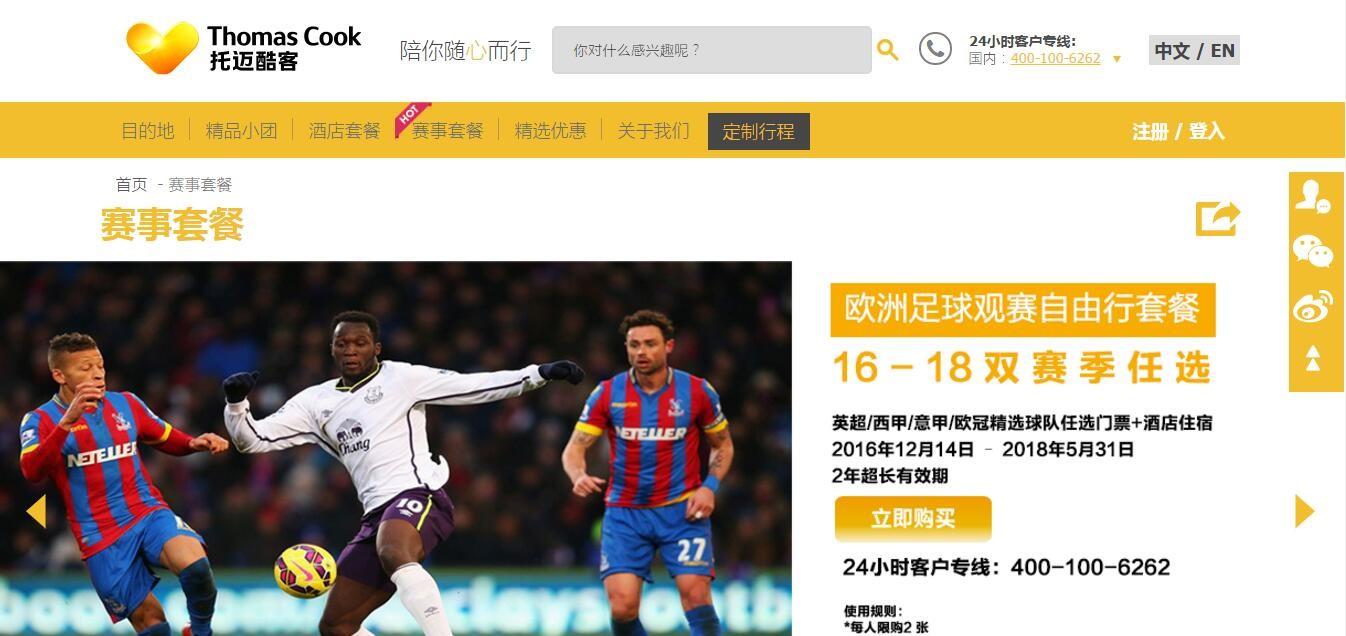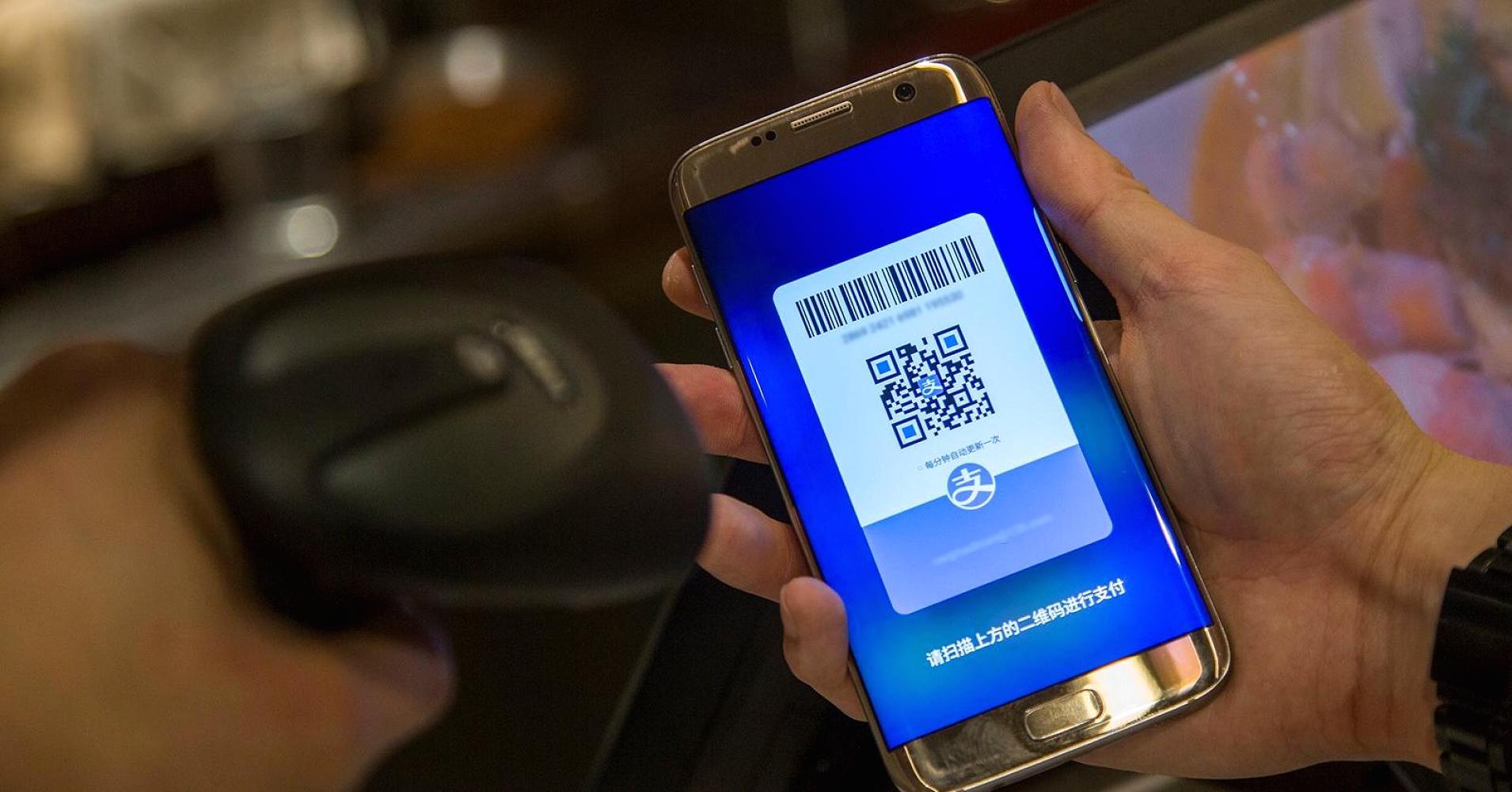

In the global travel and hospitality industry, Chinese tourists have solidified their position as a formidable force. The sheer magnitude of outbound tourists from major Chinese cities, coupled with the burgeoning potential from emerging cities, underscores their significant impact. In 2015, over 120 million Chinese tourists explored international destinations, a number that continued to surge in 2016, with the 100 million outbound tourist mark surpassed within the first three quarters alone. Navigating this landscape presents immense opportunities for hospitality brands to tailor their offerings and services to cater to the preferences and needs of this influential market segment. Stay tuned for insights on how hospitality brands can strategically position themselves to tap into the growing influence of Chinese tourists.
China has “golden weeks” at the beginning and end of that year – that means seven day holidays, once during Chinese New Year in the winter and again during the National Day in the fall. During these vacations Chinese consumers often travel back to their home towns or abroad. 6.15 million Chinese tourists traveled outbound during the most recent CNY holiday – a further 7% increase from last year.
And remember, money talks. Chinese tourists are still spending money relatively freely in comparison to tourists from many other countries suffering from economic slowdown and uncertainty. Chinese tourists are the top spenders in the world, pouring out $215 billion in 2015. That number is expected to rise to $255 billion in 2025, which exceeds the annual economic output of many sovereignties.
Yet the dynamic of this Chinese goldmine is gradually shifting, in a way that requires travel and hospitality brands to take on more creative and innovative approaches to meet the ever-evolving Chinese appetite.
Let’s have a closer look at the important trends and how brands are already tapping into this important segment.
More and more younger Chinese tourists prefer travelling on their own or with a small group of family or friends, bypassing travel agencies and the hassle of being dragged around in larger tourists groups. That means more Chinese tourists will have full autonomy over their travel plans and routes, and on flights and hotel booking, which means these processes need to be catered to suit individual needs.
The standard and generic tourist attractions are not as appealing to the younger Chinese travelers. They want something specific to their personal interests. They want to curate a customized experience for themselves – sports games and activities, headline exhibitions, music festivals, concerts, theaters, nightlife, etc. Thanks to this craving for uniqueness, countries that are not traditionally popular among Chinese tourists are also seeing a boom in visits. In Europe, smaller countries like Croatia, Iceland, Poland and Norway are seeing double-digit growth while the United States and Vietnam are the bright spots in their respective continents, according to a research conducted by the China Outbound Tourism Research Institute.
Chinese wireless providers are revolutionizing the international travel experience for digitally-savvy tourists by offering affordable global data plans. This makes it increasingly challenging for Chinese travelers to detach from their smartphones while abroad. Beyond basic activities like checking maps and sharing photos, the focus is shifting towards advanced digital services like online bookings, payments, and heightened social media engagement. The intricacy lies in the distinct autonomy of the Chinese digital ecosystem, dominated by homegrown giants like Alibaba and Tencent. These platforms present unique interfaces and behaviors, deviating from conventional international counterparts such as Expedia, Facebook, and Apple Pay. Navigating this digital landscape becomes crucial for hospitality brands aiming to cater effectively to the preferences of Chinese travelers. Stay tuned for insights on how hospitality brands can thrive in this evolving digital era.
In a nutshell, the dynamic of Chinese tourists is shifting from big flocks of cliché shoppers to small groups of cultural and digital savvy individuals craving for unique and in-person experiences – from quantity to quality. And there are brands that are already channeling and keeping up with the shift.

Thomas Cook is the oldest name in travel. But as a newcomer to China’s highly competitive travel booking market dominated by domestic players, Thomas Cook certainly has its challenge. Its market entry strategy focuses on Chinese tourists’ interest in sports, more specifically football, or as they say in the U.S., soccer.
Thomas Cook offers numerous travel packages bundling hotel bookings with tickets of football games of the three most popular European football leagues in China: F.A. Premier League of England, La Liga of Spain, and Serie A of Italy; plus the most prestigious European Champions League. On top of that, Thomas Cook positions itself as the sports expert by selecting the presumably hottest games of the season and using football nicknames adored by the fans in China in its product messaging, calling Arsenal vs Manchester United “The Gunners fighting the Red Devils” and branding Arsenal vs West Ham United as “East London Derby”. Packages with VIP seat tickets are also available for high-end Chinese football fans.
Other sports fans fear not. Packages for tennis, F1 racing and horse racing are also available or coming soon.

The LINQ Hotel & Casino of Las Vegas has partnered with WeChat, the dominant cross-platform instant messaging service in China, to reveal the hotel room of the future, combining IoT and mobile-first functionality to create a seamless hotel room experience. Guests are able to control their lights, blinds and curtains, thermostats, door locks, smart plugs, and more using their smart phones by scanning a room-specific QR code using WeChat once they enter their room. Moreover, the user can personalize their experience by pre-programming several settings into a “scenario” – for example, users can pre-program the “Sleep” setting on WeChat so that once selected, the room automatically switches off the lights, closes the blinds and curtains and locks the door. So long, fumbling around for switches in the dark!
The LINQ has also introduced its very own robot concierge – Ben – which hotel guests can also interact with via WeChat. Ben will respond to guests in real-time via WeChat on any questions pertaining to hotel information and nearby restaurants, events, and show tickets.

IHG, the owner of InterContinental, Crowne Plaza and Holiday Inn, has signed a global partnership deal with Alipay, the third-party online payment platform developed by Alibaba, allowing Chinese guests to pay via Alipay through all of IHG’s online and mobile channels and across its full estate of hotels globally.
The partnership also includes the implementation of a popular digital credit rating system called Sesame Credit, which is a built-in function in the Alipay platform. Hotel guests with high Sesame Credit ratings will be able to make IHG bookings through Alibaba’s travel booking platform without paying a deposit.
In conclusion and in the spirit of new year, all travel and hospitality brands should ask themselves these three questions in 2017:
Here’s a little insight: WeChat has recently rolled out a groundbreaking feature known as Xiaochengxu, or “Little Program,” revolutionizing how users access mobile services and apps without the need for individual downloads. This innovative feature allows users to seamlessly explore specific services within WeChat, either through direct searches or QR code scans. As developers continue to unravel its full potential, “Little Program” is poised to significantly impact the online-to-offline functionality, enabling users to effortlessly navigate from registration to payment within the WeChat platform itself.
In the dynamic digital landscape of China, there’s a saying – “the first person to eat a crab” – characterizing someone brave enough to take risks on what may seem intimidating. This analogy holds true in the digital realm, where a brand distinguishes itself by innovating and doing it right. Stay tuned for more insights on how hospitality brands can leverage such innovations to enhance their online presence and cater to the evolving needs of the Chinese market.
A Labbrand Group Company © 2005-2024 Labbrand All rights reserved
沪ICP备17001253号-3* Will be used in accordance with our Privacy Policy
To improve your experience, we use cookies to provide social media features, offer you content that targets your particular interests, and analyse the performance of our advertising campaigns. By clicking on “Accept” you consent to all cookies. You also have the option to click “Reject” to limit the use of certain types of cookies. Please be aware that rejecting cookies may affect your website browsing experience and limit the use of some personalised features.